The deployment of AI systems in education is important to promote high-quality digital education and training and to allow all learners and teachers to acquire and share the necessary digital skills and competences, including media literacy, and critical thinking, to take an active part in the economy, society, and in democratic processes. However, AI systems used in education or vocational training, in particular for determining access or admission, for assigning persons to educational and vocational training institutions or programmes at all levels, for evaluating learning outcomes of persons, for assessing the appropriate level of education for an individual and materially influencing the level of education and training that individuals will receive or will be able to access or for monitoring and detecting prohibited behaviour of students during tests should be classified as high-risk AI systems, since they may determine the educational and professional course of a person’s life and therefore may affect that person’s ability to secure a livelihood. When improperly designed and used, such systems may be particularly intrusive and may violate the right to education and training as well as the right not to be discriminated against and perpetuate historical patterns of discrimination, for example against women, certain age groups, persons with disabilities, or persons of certain racial or ethnic origins or sexual orientation.
